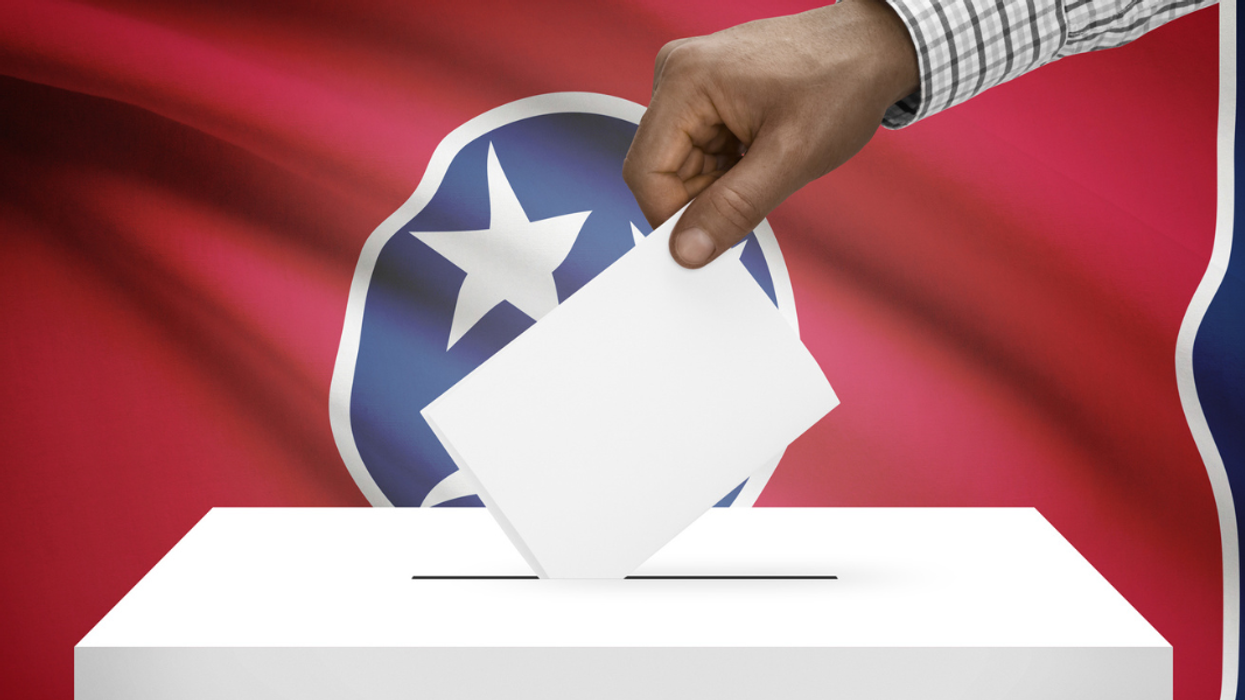There’s some extra primary action this week from Tennessee which is hosting a rare Thursday primary. Here is a breakdown of the biggest races, and the recent election laws that will affect the outcomes.
The biggest story for Tennessee’s elections this year is redistricting. The Republican legislature approved maps, with the votes for and against them breaking along party lines, that break up Democratic districts.
The greatest change was the redrawing of District 5, which split Davidson County, where the Nashville Metropolitan Area is, among three different districts. The new district will now almost certainly go to a Republican.
This makes the GOP primary for the 5th Congressional district the most contentious in the state, with nine Republican candidates vying to be on the ballot in November. This is after three candidates were voted off the ballot by Tennessee’s Republican party, including Trump-backed former State Department spokeswoman Morgan Ortagus, who moved to Tennessee last year.
Three of the most prominent candidates are former Tennessee Speaker of the House Beth Harwell, Maury County Mayor Andy Ogles and retired Tennessee National Guard Brigadier Gen. Kurt Winstead. It has been a charged battle, with candidates lobbing accusations at each other in debates and televised ads.
The winner will face, and almost certainly beat, Democratic State Senator Heidi Campbell, after incumbent Democrat Jim Cooper decided not to run due to the new maps. He had held the seat for 20 years.
Another interesting race is in Nashville’s state Senate District 19, which had an unconventional start.
Incumbent Sen. Brenda Gilmore (D) retired after the candidate filing deadline in April, leaving public defender Keeda Haynes as the sole candidate. This triggered Tennessee’s Anti-Skulduggery Act, intended to prevent incumbents from essentially choosing their successors by pulling out of the race at the last second.
The field was reopened, allowing five more Democrats to join, while Haynes was pushed off the ballot. Former city council member Jerry Maynard and nonprofit advocacy executive Charlane Oliver lead the pack. The primary winner is favored in November in this largely Democratic district.
Tennessee has enacted several provisions limiting voting access in recent years, including banning the use of private funding for election administration, changing the process for post-election audits to allow the secretary of state to decide which counties are audited and what type of auditing is used and banning ranked-choice voting.
The state also passed bills that require watermarks on absentee ballots, expand access to absentee ballots for nursing homes and expand authorization of the state coordinator of elections to find and purge non-citizens, as well as those who have moved states or passed away, from voter rolls.


















Marco Rubio is the only adult left in the room